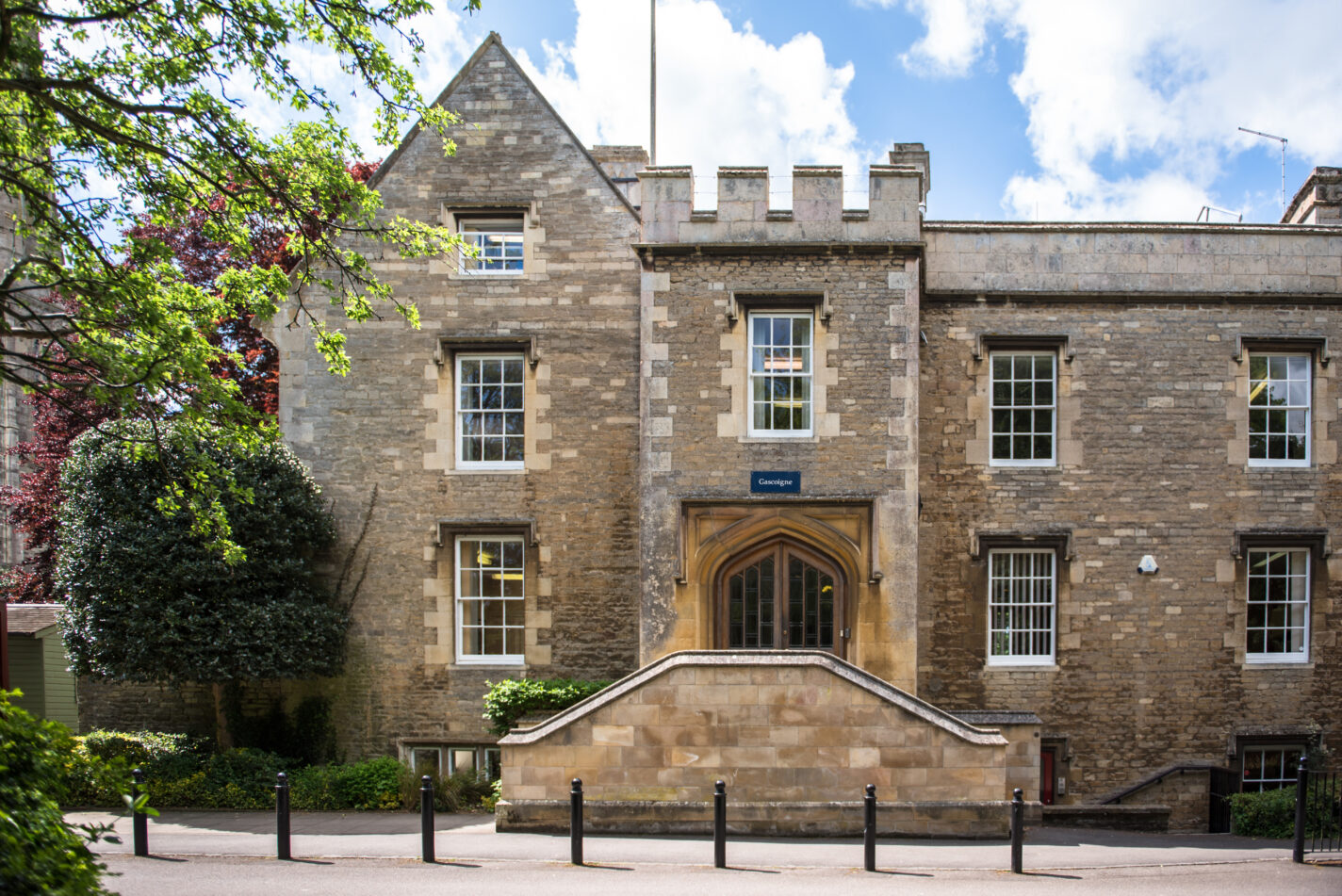
The Computer Science department has its labs in both the Adamson and the Gascoigne buildings. Computing is taught as the fourth STEM subject in the First and Second Form pupils. Examined courses are offered at GCSE and A level, providing opportunities for pupils to explore complex elements of Computing, break down problems and apply practical skills.
Subjects taught here
Computer Science forms an integral part of the Science carousel in the First and Second Forms, with approximately half of the year group opting to study the subject in the Third Form. Here, pupils learn the foundational knowledge and skills of the subject, which includes the learning of computer hardware, algorithms, and Python programming. The department also supports the development of pupils’ digital literacy skills, with pupils building skills in research, spreadsheets, the delivery of presentations and much more.
The department also seeks to develop pupils’ problem solving and computational thinking skills, asking them to think in abstract ways to solve problems, through a combination of decomposition and logical thinking.
The department teaches the OCR J277 GCE and H446 A level specifications. At GCSE Computer Science is generally taught across four classes with approximately 65 pupils taking the subject in each year group. At A level, the department delivers the specification to around 30 pupils across the Upper and Lower Sixth Form. Results are exceptional and the majority of pupils taking this option for A level progress to computer science or a related subjects at top universities.
Beyond school our past pupils keep in touch, proudly sharing their achievements and even offering tours of their workplaces to pupils at the School. This enables the department to run a bi-annual trip for Sixth Form pupils to Silicon Valley, San Francisco to visit the offices of Google, Facebook, and many other large household names. We are passionate about all areas of Computer Science and take delight in supporting pupils’ interests by offering bespoke extension opportunities in the Voluntary Options (Vols) programme. Typically these tend to be coding based, such as building Node JS websites or programming neural networks in Python, but can also take the physical form, such as building computers from components or constructing systems from sensors and actuators using the Raspberry Pi Lab.
Across the years pupils have a rich exposure to the world of computing from their everyday use of Microsoft technologies to their time spent interacting with real-world computing in our dedicated Raspberry Pi Lab. The department offers academic surgeries twice a week, managed by a pupil self-booking system, to support pupils in their studies or to extend an area of interest.
Built in the 17th century as the Rectory, part of the Rectory Manor, the property was owned the Smiths brewing family for much of the 19th and early 20th centuries. In the 1970s the building was enlarged with an office block by Anglian Water Authority. The School purchased the property from them in the 1990s. The Gascoigne was officially opened in March 1996 and named after Mr C. Gascoigne, former chair of the Governors and a member of the Worshipful Company of Grocers.

